| Touchscreen Display | 15-22 inches, capacitive touch, multi-touch support | Barcode Scanner | 1D/2D barcode support, laser or imaging technology |
| Processor | Intel Core i3/i5/i7, ARM-based, or equivalent | Receipt Printer | Thermal or impact printer, 80mm paper width, auto-cutter |
| Memory (RAM) | 4GB - 16GB, DDR4 | Payment Terminal | EMV-compliant, NFC/contactless, magnetic stripe, chip, and PIN support |
| Storage | 64GB - 512GB SSD, optional external storage | Customer Display | 7-15 inches, LED or LCD, optional touchscreen |
| Operating System | Windows, Android, iOS, or proprietary POS software | Connectivity | Wi-Fi, Ethernet, Bluetooth, USB ports, optional 4G/5G support |
| Cash Drawer | 4-5 bill compartments, 5-8 coin slots, steel construction, lockable | Power Supply | 100-240V AC, Uninterruptible Power Supply (UPS) optional |
| Dimensions | Varies by model, typically 12-18 inches width, 10-15 inches height, 10-14 inches depth | Weight | 8-15 lbs depending on configuration |
| Peripheral Integration | Compatible with scales, kitchen printers, customer displays, and other accessories | Security Features | Biometric login, encrypted payment processing, role-based access control |
| Software Features | Sales reporting, inventory management, CRM integration, loyalty program support, multi-location management, real-time analytics, remote access capabilities |
|
|
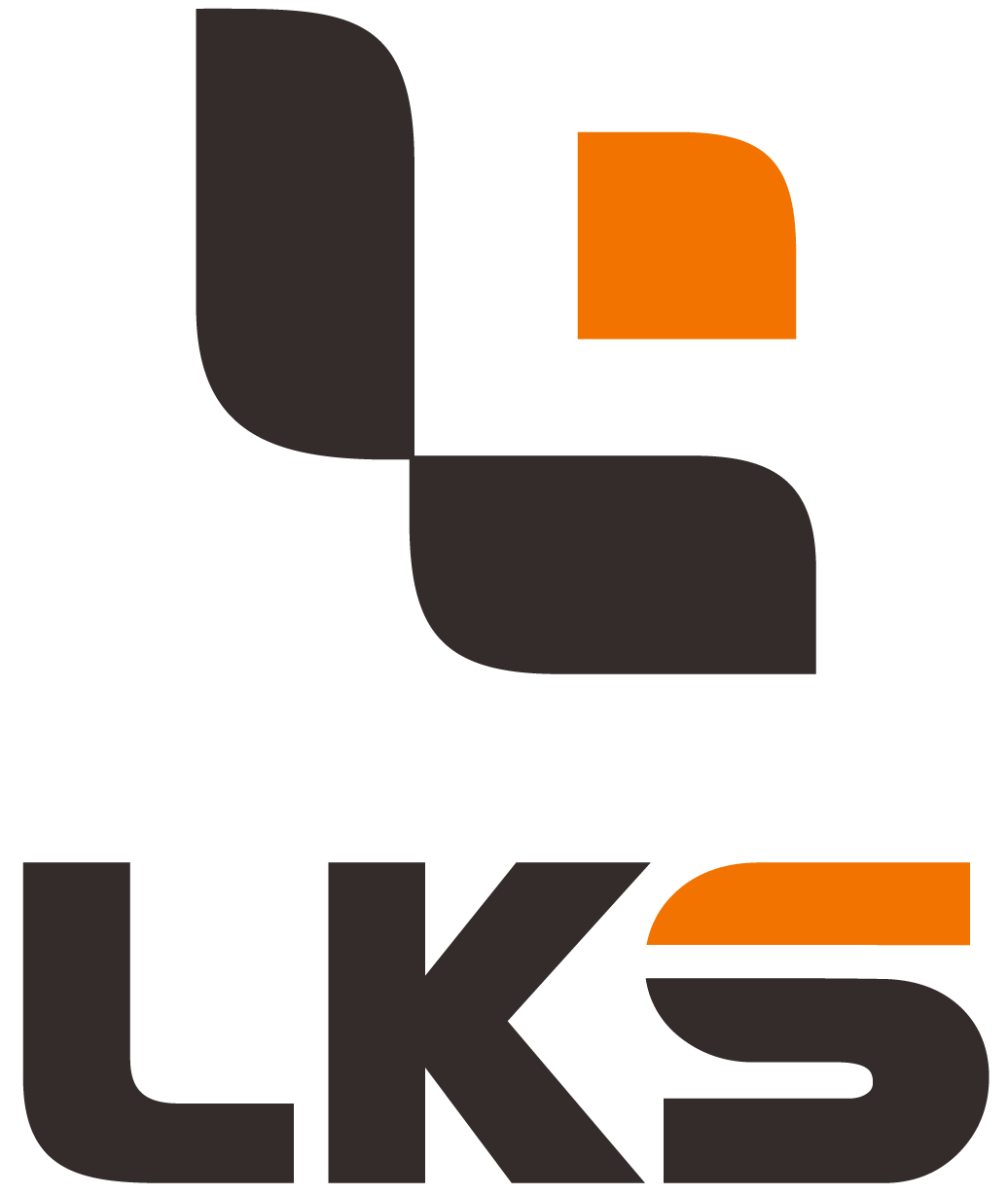
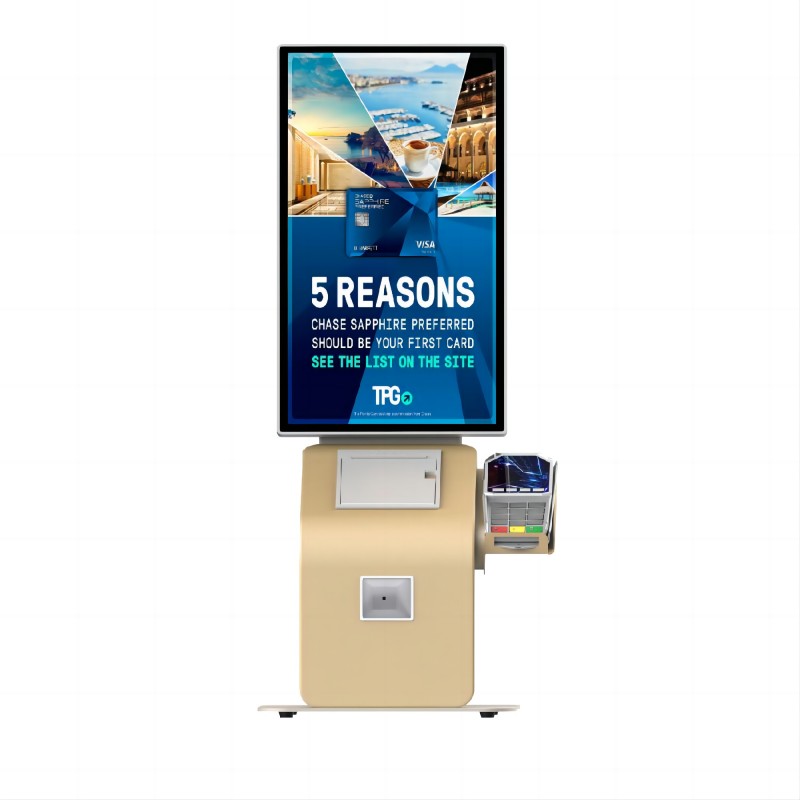


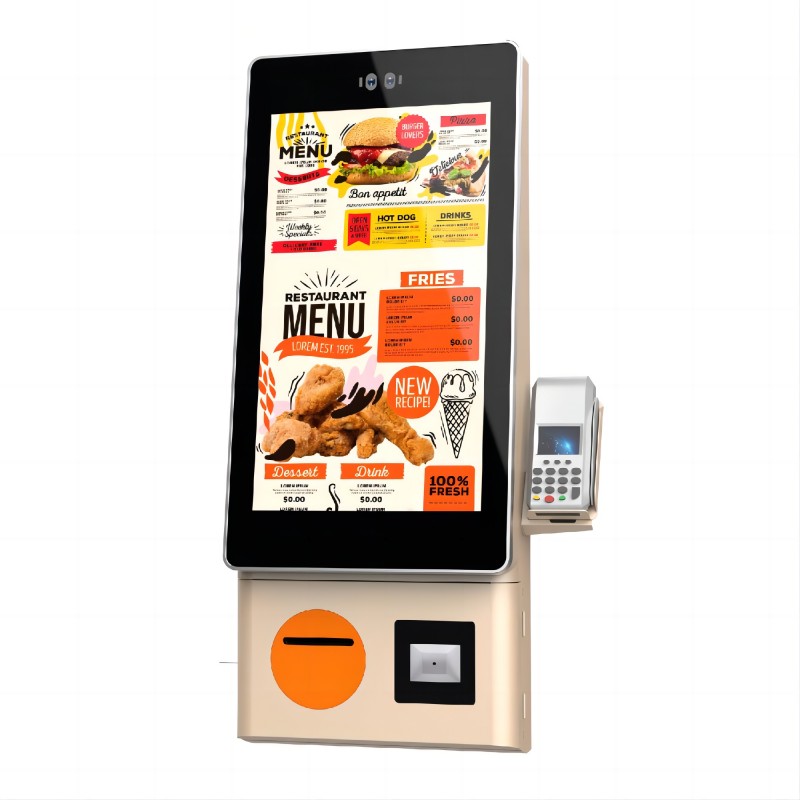
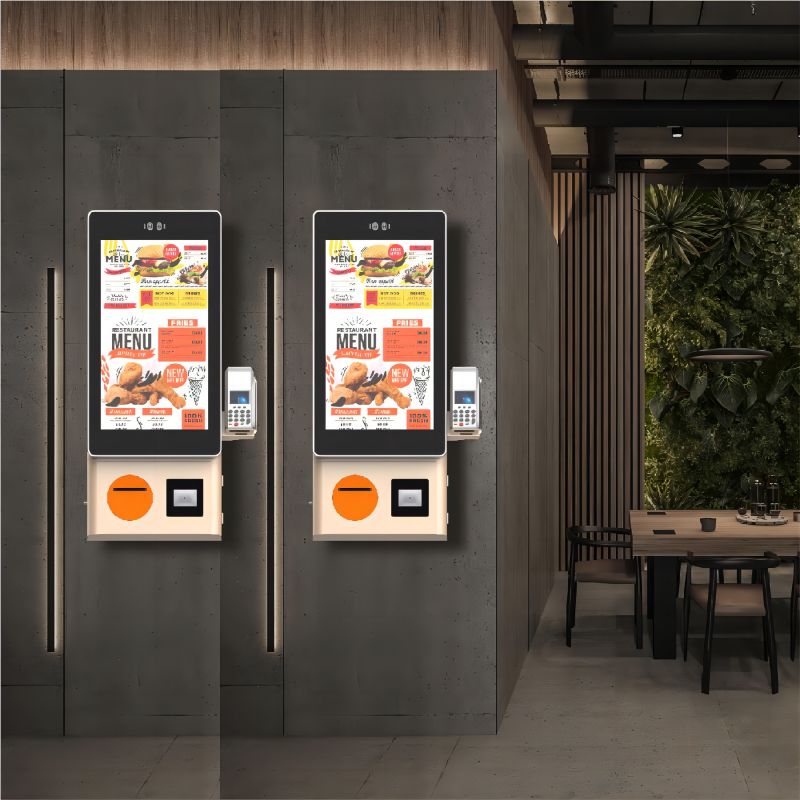
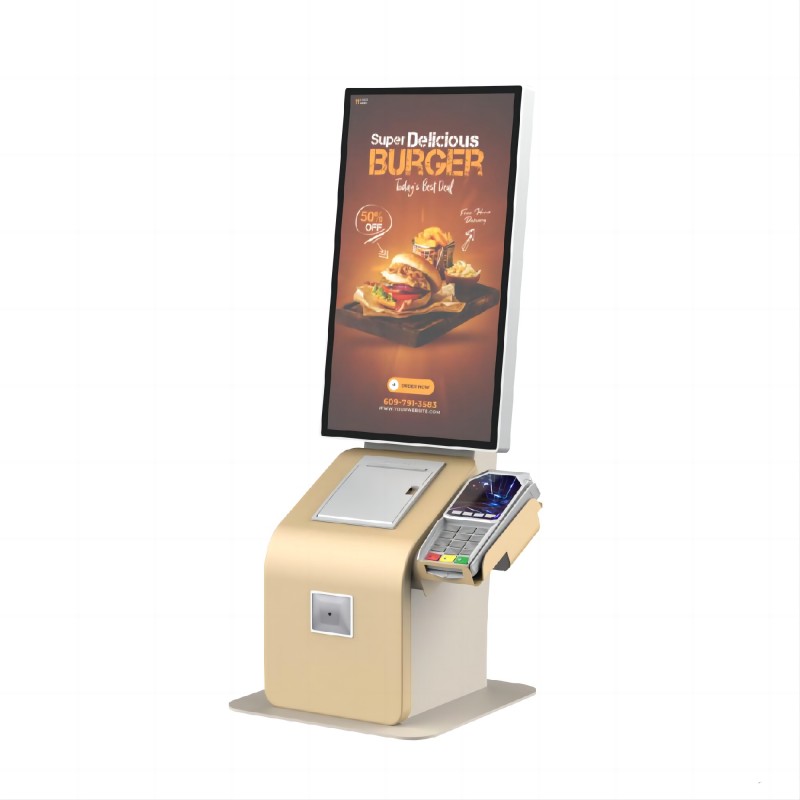


What did our happy clients say?
The POS cash register has greatly streamlined our checkout process. Its user-friendly interface and reliable performance have improved our efficiency. Thanks to [Supplier Name] for their excellent support!
We’re thrilled with our new POS register! It’s fast, accurate, and fits perfectly in our store. A big thank you to [Supplier Name] for their exceptional service and customization options.
Our sales have become more efficient thanks to this POS system. The integration with our inventory has been seamless. Kudos to [Supplier Name] for their outstanding product and support.
The POS cash register is a game-changer for us. It’s easy to use and very reliable. We appreciate Lean kiosk system for their prompt delivery and excellent customer service. Highly recommended!